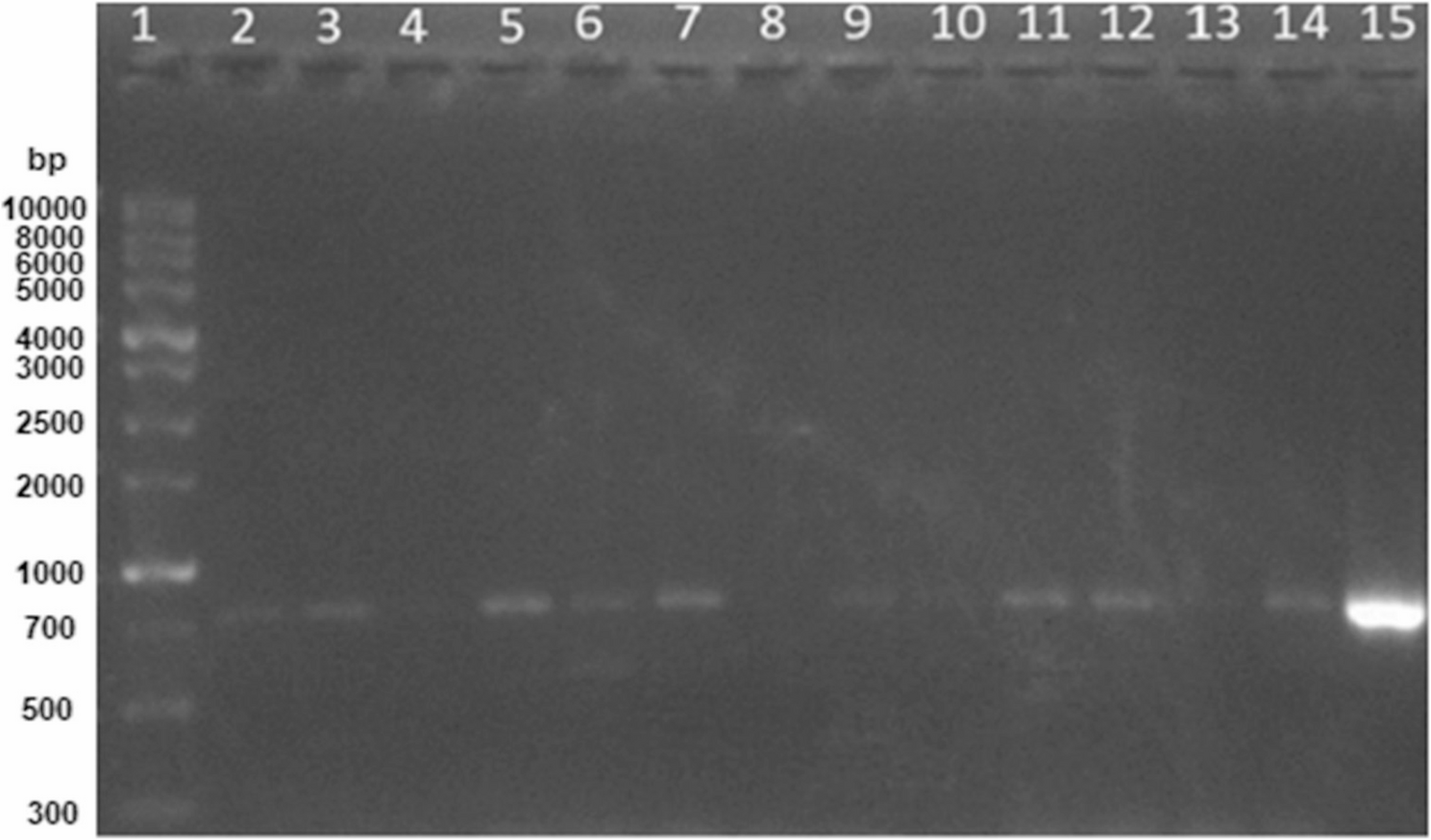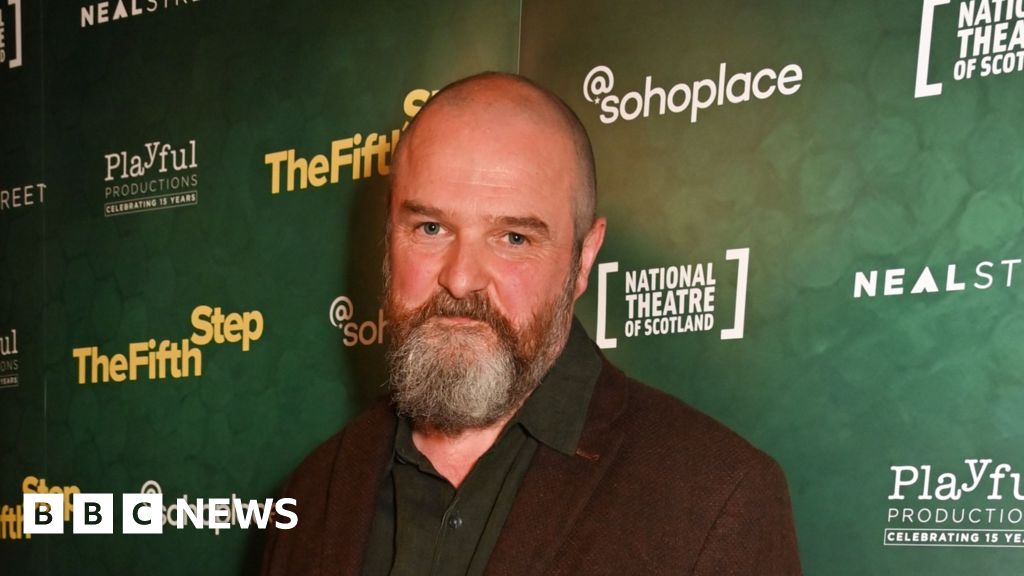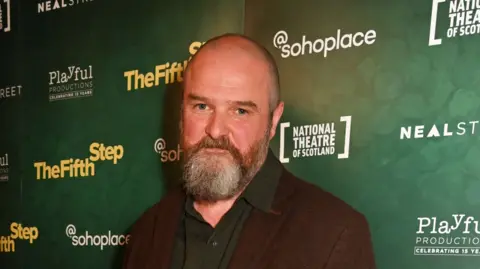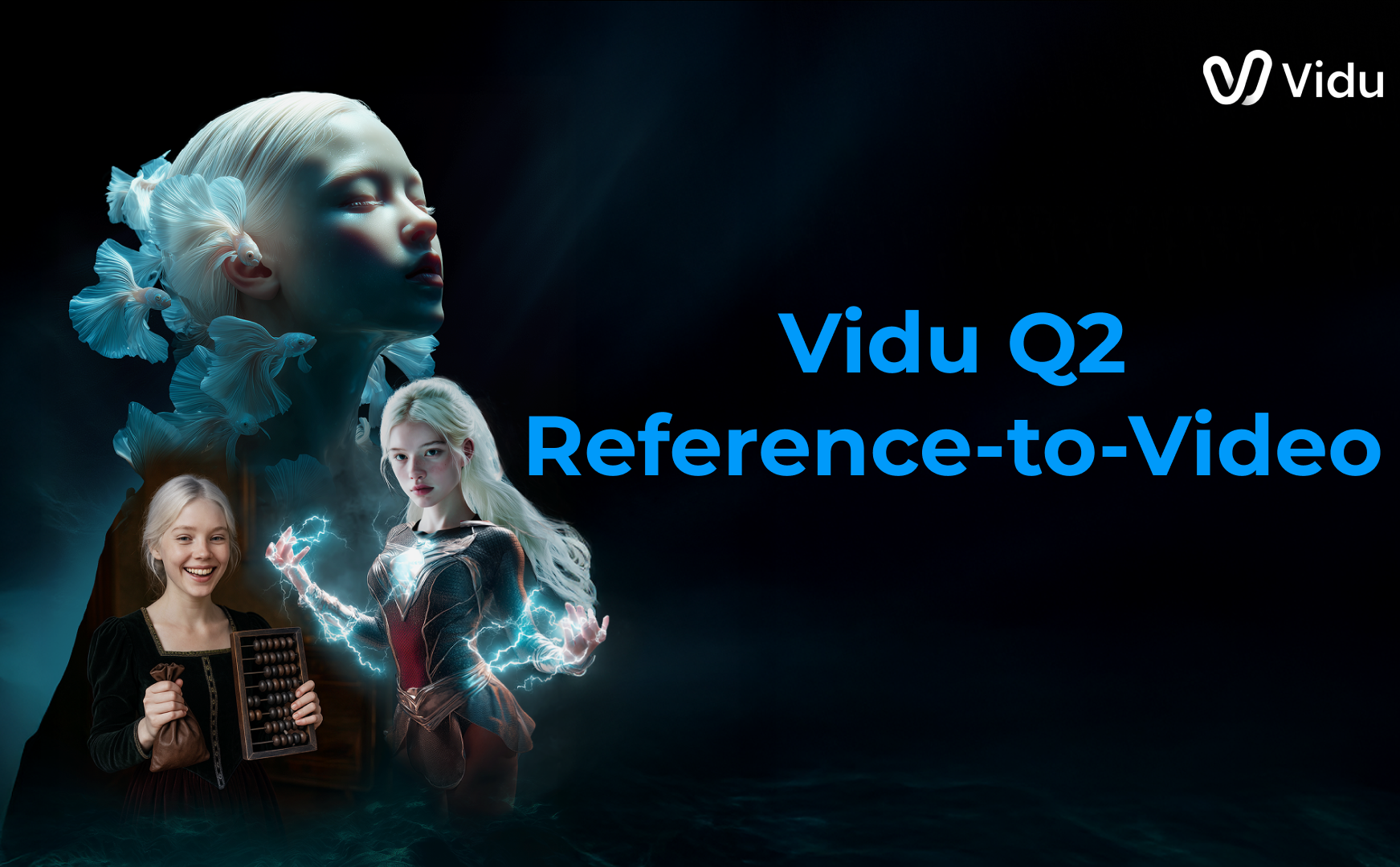Many symptoms, such as hot flashes and vaginal dryness, are commonly associated with the menopause transition. One of the lesser-known symptoms that worsens in midlife is dry eyes. A new study suggests that postmenopausal women…
Blog
-

Quorum quenching by endophytic Bacillus cereus AL1: a lactonase-based anti-virulence strategy against Pseudomonas aeruginosa | BMC Microbiology
Collection of plant samples
A total of ten plants were collected from the Orman Botanical Garden (30°01′45.12″ N, 31°12′47.16″ E) and the Research Institute of Plant Protection (30.046356° N, 31.207320° E), Giza, Egypt, in February…
Continue Reading
-

Bryan Cranston thanks OpenAI for cracking down on Sora 2 deepfakes | OpenAI
Bryan Cranston has said he is “grateful” to OpenAI for cracking down on deepfakes of himself on the company’s generative AI video platform Sora 2, after users were able to generate his voice and likeness without his consent.
The Breaking Bad star approached the actors’ union Sag-Aftra with his concerns after Sora 2 users were able to generate his likeness during the video app’s recent launch phase. On 11 October, the LA Times described a Sora 2 video in which “a synthetic Michael Jackson takes a selfie video with an image of Breaking Bad star Bryan Cranston”.
Living people must ostensibly give their consent, or opt in, to feature on Sora 2, with OpenAI stating since launch that it takes “measures to block depictions of public figures” and that it has “guardrails intended to ensure that your audio and image likeness are used with your consent”.
But when Sora 2 launched, several publications including the Wall Street Journal, the Hollywood Reporter and the LA Times reported widespread anger in Hollywood after OpenAI allegedly told multiple talent agencies and studios that if they didn’t want their clients or copyrighted material replicated on Sora 2, they would have to opt out – rather than opt in.
OpenAI disputed these reports, telling the LA Times it was always its intention to give public figures control over how their likeness was used.
On Monday, Cranston issued a statement through Sag-Aftra, thanking OpenAI for “improving its guardrails” to prevent users generating his likeness again.
“I was deeply concerned not just for myself, but for all performers whose work and identity can be misused in this way,” Cranston said. “I am grateful to OpenAI for its policy and for improving its guardrails, and hope that they and all of the companies involved in this work, respect our personal and professional right to manage replication of our voice and likeness.”
Two of Hollywood’s biggest major agencies, Creative Artists Agency (CAA) and United Talent Agency (UTA) – which represents Cranston – have repeatedly raised alarms about the potential risks of Sora 2 and other generative AI platforms on their clients and their careers.
But on Monday, UTA and CAA co-signed a statement with OpenAI, Sag-Aftra and talent agent union the Association of Talent Agents, stating that what had happened to Cranston was an error, and that they would all work together to protect actors’ “right to determine how and whether they can be simulated”.
“While from the start it was OpenAI’s policy to require opt-in for the use of voice and likeness, OpenAI expressed regret for these unintentional generations. OpenAI has strengthened guardrails around replication of voice and likeness when individuals do not opt-in,” the statement read.
Actor Sean Astin, the new president of Sag-Aftra, warned that Cranston “is one of countless performers whose voice and likeness are in danger of massive misappropriation by replication technology”.
“Bryan did the right thing by communicating with his union and his professional representatives to have the matter addressed. This particular case has a positive resolution. I’m glad that OpenAI has committed to using an opt-in protocol, where all artists have the ability to choose whether they wish to participate in the exploitation of their voice and likeness using AI,” Astin said.
“Simply put, opt-in protocols are the only way to do business and the NO FAKES Act will make us safer,” he added, referring to the NO FAKES Act currently being considered by Congress, which seeks to ban the production and distribution of AI-generated replica of any individual without their consent.
OpenAI publicly supports the No FAKES Act, with the CEO, Sam Altman, saying the company is “deeply committed to protecting performers from the misappropriation of their voice and likeness”.
Sora 2 does allow users to generate “historical figures”, defined broadly as anyone both famous and dead. However, OpenAI has recently agreed to allow representatives of “recently deceased” public figures to request that their likeness be blocked from Sora 2.
Earlier this month OpenAI announced that they had “worked together” with the estate of Martin Luther King Jr and, at their request, was pausing the ability to depict King on Sora 2 as the company “strengthens guardrails for historical figures”.
Recently Zelda Williams, the daughter of the late actor Robin Williams, pleaded with people to “please stop” sending her AI videos of her father, while Kelly Carlin, daughter of the late comedian George Carlin, has called AI videos of her father “overwhelming, and depressing”.
Legal experts have speculated that generative AI platforms are allowing the use of dead, historical figures to test what is permissible under the law.
Continue Reading
-
NADRA restores Arshad Khan Chaiwala’s Pakistani nationality – samaa tv
- NADRA restores Arshad Khan Chaiwala’s Pakistani nationality samaa tv
- LHC informed CNIC of Arshad ‘chaiwala’ restored after Nadra verification Dawn
- ‘Chaiwala’ Arshad Khan confirmed as Pakistani citizen The Express Tribune
- LHC orders…
Continue Reading
-

Study reveals differing prescribing patterns for menopause therapy
Not all healthcare professionals receive the same type of formal education. That may help explain the results of a new study which suggests that provider type and specialty greatly affect whether a woman receives prescription…
Continue Reading
-

Cold Water writer David Ireland says no room for pro-Israeli views in arts
Kerry Jamison and Finn PurdyBBC News NI The State of Us podcast
 Getty Images
Getty ImagesDavid Ireland wrote the ITV drama Coldwater as well as the play The Fifth Step People in the arts community who have sympathy with Israel are treated “basically like a…
Continue Reading
-

Hormone therapy does not consistently reduce menopause-related anxiety, new review finds
Anxiety is a common and significant symptom of menopause and perimenopause, largely due to hormone fluctuations. Numerous studies have focused on the potential benefits of hormone therapy in reducing anxiety. A new systematic review…
Continue Reading
-

Trump To Commute Diddy’s Prison Sentence? If So, History Proves He Can Make A Comeback
NEWARK, NEW JERSEY – SEPTEMBER 12: Diddy performs onstage during the 2023 MTV Video Music Awards at Prudential Center on September 12, 2023 in Newark, New Jersey. (Photo by Mike Coppola/Getty Images for MTV)
Getty Images for MTV
Will President…
Continue Reading
-

New energy levy to hit charities and community groups
Charities and small businesses say they will bear the brunt of additional energy charges when a new levy comes into force later this year.
The Nuclear Regulated Asset Base (RAB) levy will fund a new nuclear power station at Sizewell in Suffolk, but while large electricity consumers will be exempt, charities will be forced to pay the full amount.
Beth Wilson, CEO of Bristol charity Wellspring Settlement, said adding charges onto energy bills will have “real-world implications for the services we provide and the people we support”.
A government spokesperson said small businesses and charities are at the “heart of our communities, which is why we have extended business rates relief”.
Spike Island, a contemporary art centre in Bristol, recently funded solar panels, but say the new levy could add more than £1,000 a year to their electricity bill.
Kate Ward, deputy director, said rising electricity costs will “prevent us from switching to low-carbon heating like heat pumps, increase our running costs and put our work with artists at risk”.
Ms Ward added the government “needs to rethink how they approach electricity bills to make it viable for more charities and small businesses to make the right decisions for the planet”.
Sizewell C is being built over the next 10 years and will cost £38bn to build, it will supply electricity to the equivalent of six million homes for at least 60 years.
The government spokesperson said it is part of its clean energy “superpower mission”, which is the only way to bring down energy bills for good and “will also secure thousands of good, skilled jobs and billions in investment”.
Continue Reading
-

ShengShu Launches New Version of Generative AI Video Model to Rival Sora, Veo
(Yicai) Oct. 21 — ShengShu Technology, a Chinese multimodal generative artificial intelligence startup, has launched the new versions of its reference-to-video tool, improving consistency and creative control to boost power and rival global…
Continue Reading